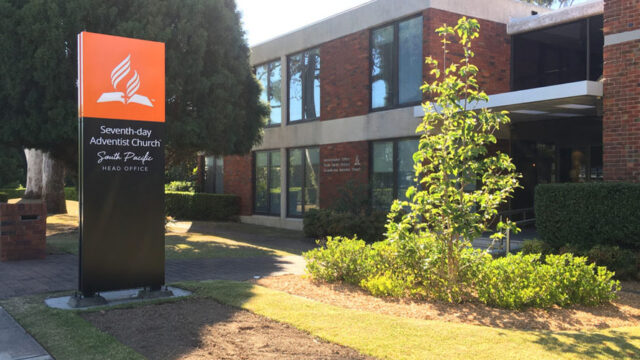“Even so, every good tree bears good fruit, but a bad tree bears bad fruit. A good tree cannot bear bad fruit, nor […]

“Even so, every good tree bears good fruit, but a bad tree bears bad fruit. A good tree cannot bear bad fruit, nor can a bad tree bear good fruit” (Matt. 7:17, 18).
The inspired wisdom of Jesus’ famous proverb is clear to those who know anything about fruit trees—or people.
Some years ago our family lived for several years in a home graced by a small orchard on the back portion of the property. When we moved there in late September, a bounty of pears, apples, and plums awaited us, even though the orchard had been almost completely untended for that growing season. Because a wiser and more experienced orchardist than I had planted well, watered well, and pruned well, the orchard produced an abundance of fruit we gave to friends, made into jams and jellies, and enjoyed at many meals. The good trees had produced good fruit.
It should likewise come as no surprise to us that Jesus wasn’t merely sharing agricultural wisdom. He was describing the essential connection that exists between healthy sources and healthy outcomes, between consecrated people and godly behaviors. We can’t expect healthy fruit from an unhealthy root.
Here we learn the underlying requirement for wise and nurturing congregations as the source and sustainer of the church’s essential mission to the world. Just as it is foolish to expect beautiful, unblemished pears from a shriveled, diseased wisp planted in parched soil, so it is unreasonable to expect robust and renewing witness from people who have never tasted the goodness of church fellowship as Jesus and the New Testament describe it. The Gospel Commission—”Go therefore and make disciples of all the nations” (Matt. 28:19)—is fulfillable only in the setting of the church created by the gospel—a place where forgiveness, healing, restoration, and transformation are always taking place.
Jesus doesn’t present us with a frustrating “either/or” conundrum: either have healthy congregations or have powerful, world-circling mission. But He does make clear that there is a direct relationship between both needful things. He sent out disciples from Himself, even as He called them to return to Him with stories of God’s power and miracles (Luke 10:1-12, 17-20). Paul’s missionary journeys were both from a sending, empowering congregation that loved him and prayed from him, and back to the welcoming congregation whose support was vital to his success. Health begets health: praying, supporting, and reconciling congregations produce missionaries who have a personal testimony of healing and restoration to share with the world.
The fruit of Adventist mission is made possible by the vibrant Adventist communities of faith that are the root of mission. Wherever you are placed by God—building up your local church, or reaching out to win more hearts for Jesus—the joys of mission are rightly yours.








